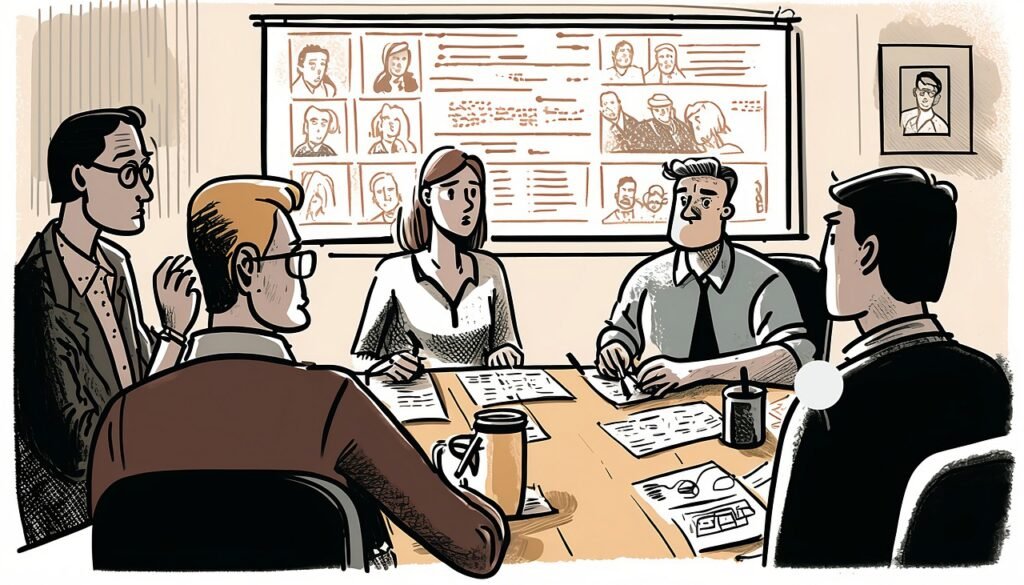Artificial Intelligence (AI) has become a ubiquitous presence in our daily lives, revolutionizing various industries and sectors. From healthcare to finance, AI has the potential to transform the way we work and live. One area where the impact of AI is particularly significant is employment and workforce dynamics. In this article, we will delve into the role of AI in shaping the future of work and analyze its impact on employment.
The Impact of AI on Employment
AI has the ability to automate repetitive and mundane tasks, leading to increased efficiency and productivity. While this can be beneficial for businesses, it also raises concerns about job displacement. Many fear that AI will replace human workers, leading to mass unemployment.
However, it is important to note that AI is not solely a job killer. It also has the potential to create new job opportunities. As AI algorithms become more sophisticated, they require human expertise to develop, implement, and maintain them. This means that while certain jobs may become obsolete, new roles will emerge that require skills and knowledge in AI.
For example, in the healthcare industry, AI can assist in diagnosing diseases and analyzing medical images. While this may reduce the need for some traditional healthcare roles, it also creates a demand for AI specialists who can develop and manage these systems.
Leveraging AI for Workforce Dynamics
AI can also play a significant role in optimizing workforce dynamics. By analyzing vast amounts of data, AI algorithms can provide valuable insights into employee performance, engagement, and satisfaction. This information can be used to make informed decisions regarding workforce management and resource allocation.
For instance, AI can help identify skill gaps within an organization and recommend targeted training programs to fill those gaps. It can also predict attrition rates and provide strategies for employee retention. By leveraging AI, businesses can make data-driven decisions that enhance workforce productivity and efficiency.
Furthermore, AI can assist in streamlining recruitment processes. AI-powered tools can analyze resumes, conduct initial screenings, and even perform automated interviews. This not only saves time and resources for recruiters but also ensures a more objective and unbiased selection process.
The Future of Work
As AI continues to advance, it is crucial for businesses and policymakers to adapt to the changing landscape of work. This includes reevaluating education and training programs to equip individuals with the necessary skills to thrive in an AI-driven economy.
Additionally, there is a need for ethical considerations regarding AI implementation. Ensuring transparency, accountability, and fairness in AI algorithms is essential to prevent biases and discrimination in the workplace.
While AI has the potential to revolutionize the way we work, it is not a one-size-fits-all solution. It is important to strike a balance between human and machine collaboration. By leveraging AI to augment human capabilities, we can create a future where humans and machines work together harmoniously.
Conclusion
The impact of AI on employment and workforce dynamics is undeniable. While it may lead to job displacement in certain areas, it also creates new opportunities and enhances productivity. By embracing AI and adapting to the changing landscape of work, we can harness its potential to create a more efficient and inclusive workforce.

